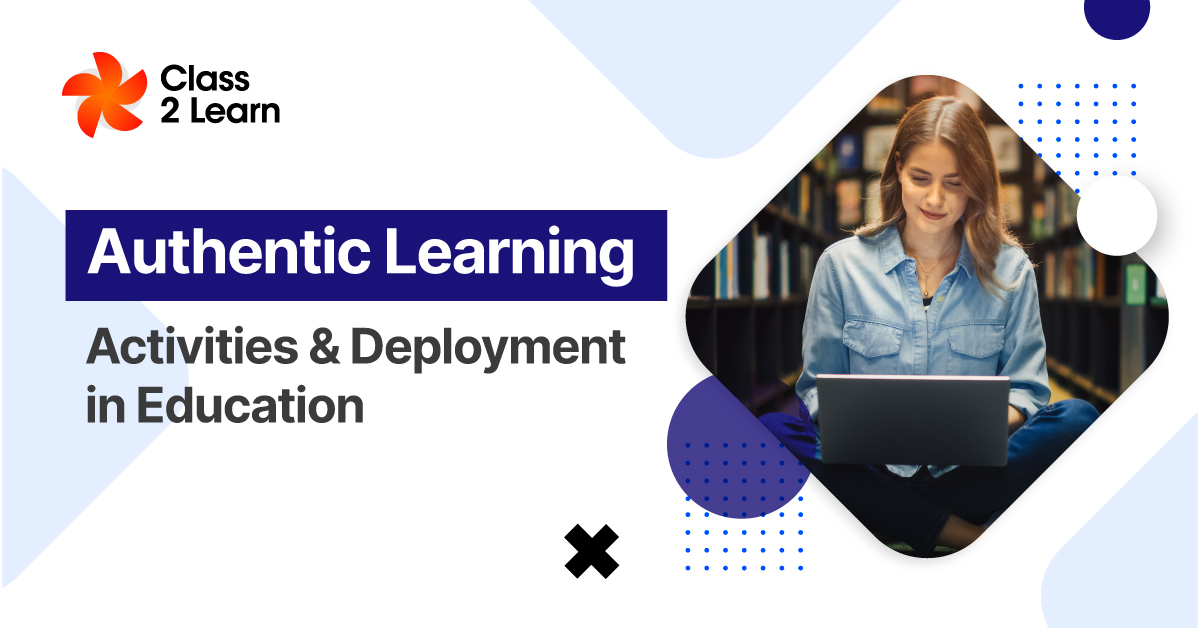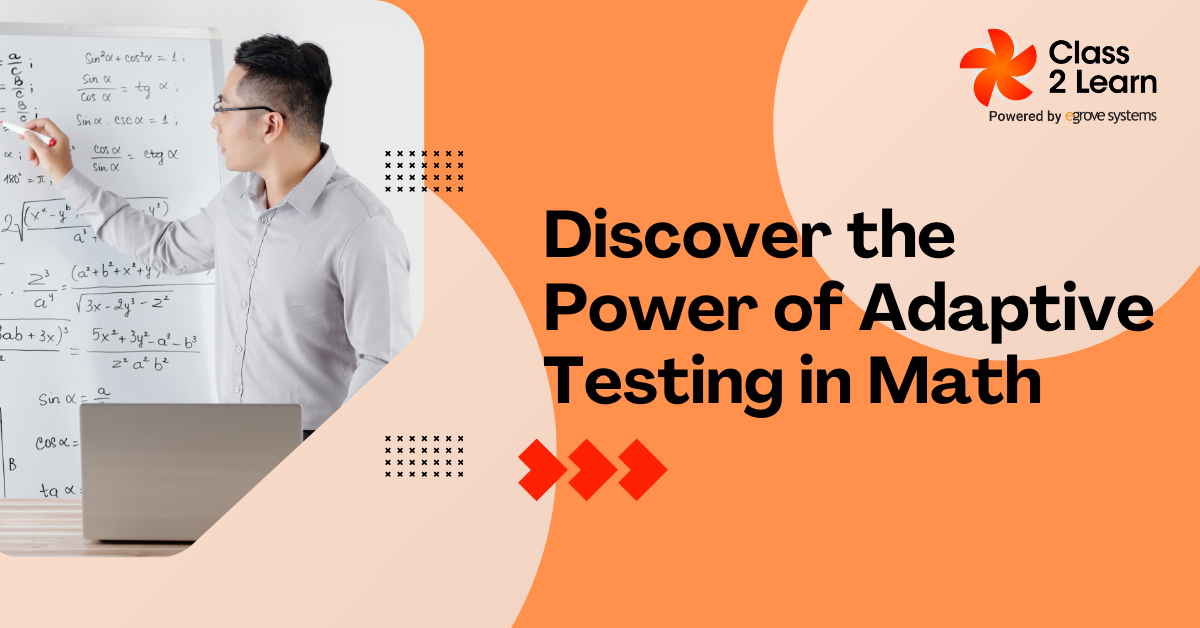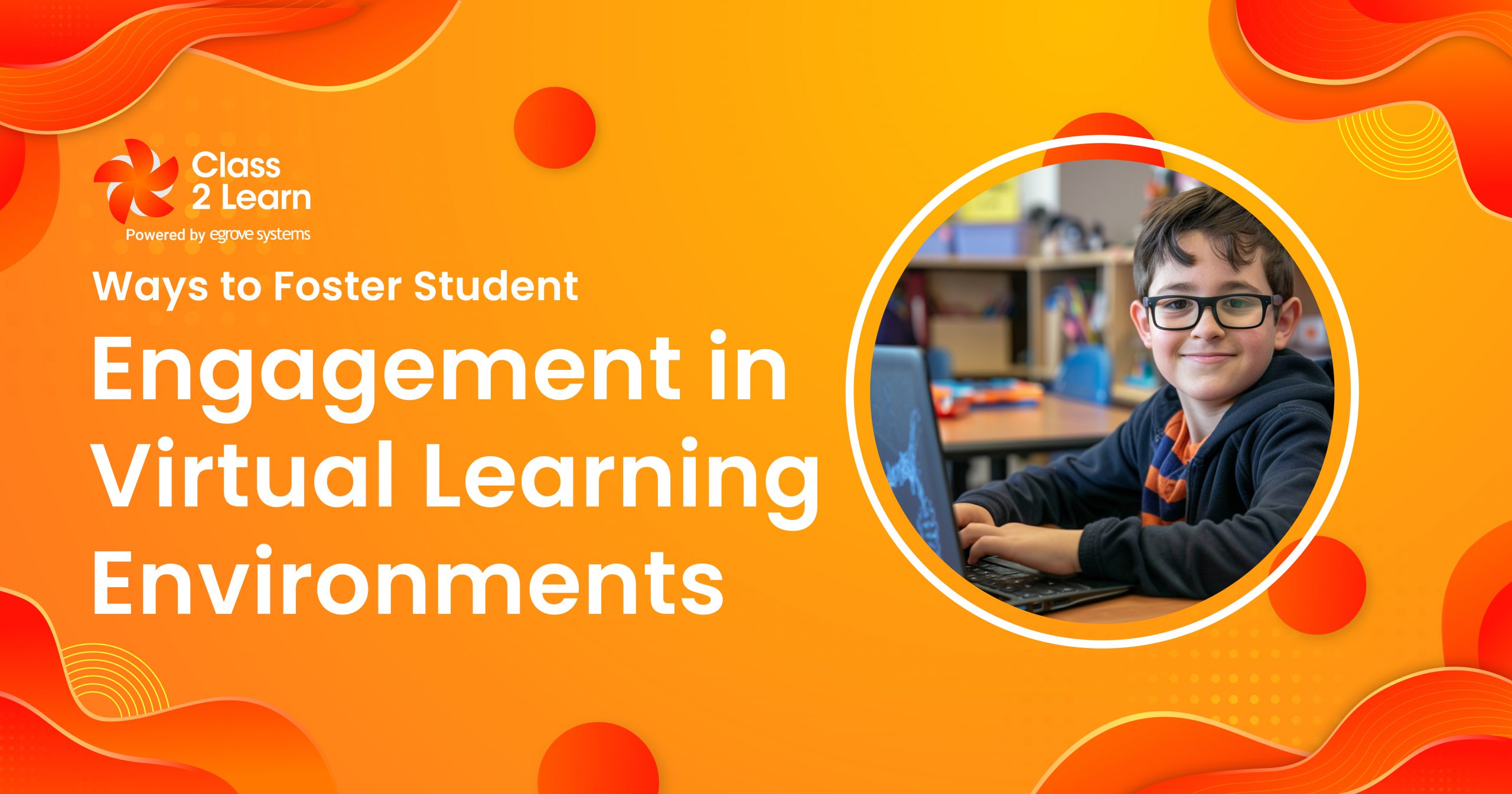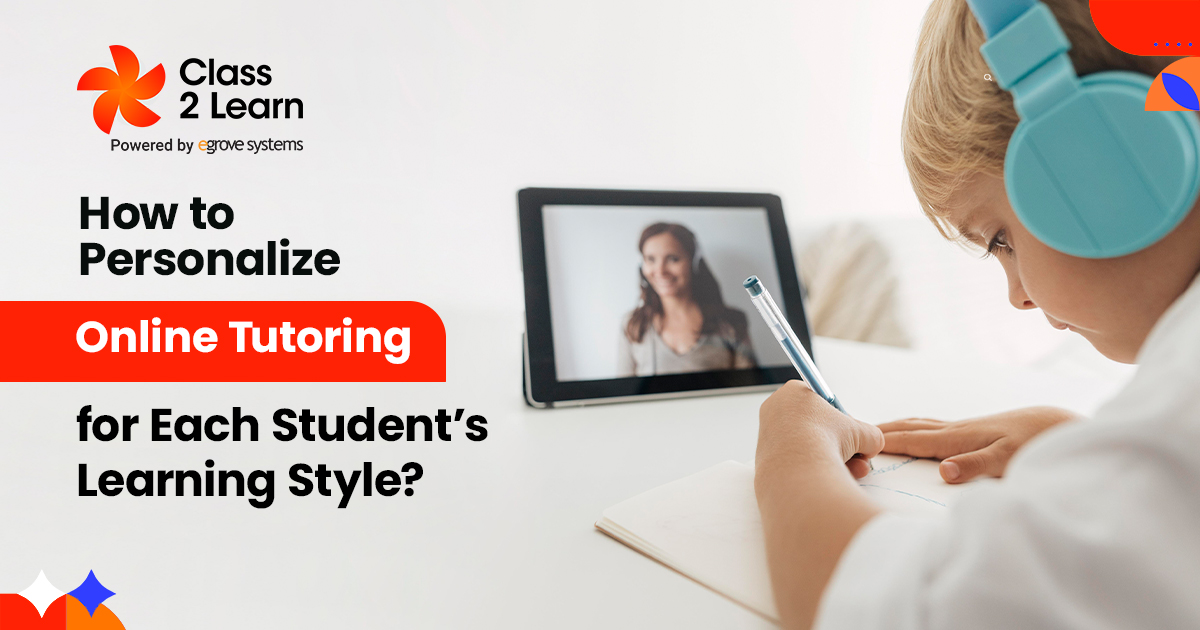Authentic learning is an efficient and unique teaching style that enables students to analyze, discuss, and effectively develop conceptual structures in situations including real-world issues and activities important to the learner. Authentic learning integrates real life scenarios with the learning process to provide students with rewarding experience and expertise. This learning approach has numerous benefits, rendering it a popular methodology.
When Ed-tech is utilized to augment actual learning, students’ improvements are much more visible. This blog will discuss the significance of authentic learning and Ed-tech.
Learners and Technology:
Many students nowadays have their own smartphones. This makes incorporating technology into the classroom to supplement authentic learning extremely simple and cost-effective. Learners will understand how technology works, which means the instructor will not waste valuable class time teaching them how to use devices.
In addition, children enjoy using technology in their spare time. If Ed-tech is integrated into their schoolwork, they are more likely to enjoy their classes.
Real-World Issues and Problem Solving Skills:
The idea behind authentic learning is that technology can teach learners about thinking and real-world problem-solving skills. Learners are exposed to problems related to their classwork through videos. The students would then be required to solve these problems, which would teach them life skills and improve their education. Documentaries and movies are also used to supplement authentic learning. For example, if students are learning about the effects of substance abuse, they may be shown films depicting the various dangerous side effects.
Interaction between Learners and Classmates:
Many jobs require employees to communicate using technology, making it an essential skill that all learners should possess. Thus, technology can be used in the classroom to help students develop their digital literacy skills.
Pedagogues can also communicate with students and educators all over the world, bringing diversity into the classroom. This means that students will have the opportunity to learn from other students.
Student Educational Reforms:
As a school-reform idea, authentic learning is intellectually and pedagogically connected to tactics like customized training, community-based learning, and project-based learning, among many others. Moreover, genuine learning may be linked to teaching tactics such as learning presentations, capstone assignments, personalized learning goals, and portfolios.
Authentic learning is also a fundamental precept in reforms that challenge how instructors have conventionally taught and what students should learn, such as the 21st-century skill sets movement, which expansively calls on school systems to develop academic programmes and learning adventures that provide students with the most valuable information, expertise, and temperaments required to be successful in 21st-century co – curricular programmes and contemporary work spaces.
Proponents argue that as higher education and job requirements become more competitive, complex, and technical, students will require the skills that authentic-learning experiences can provide in order to successfully navigate today’s world, excel in demanding careers, and process increasingly complex information.
Discussions:
Calls for “more active learning” in education often stem from a sense that many public schools do not dedicate sufficient attention to building the cognitive capacity, technical knowledge, work ethic, and personality qualities required for adult success.
In other words, the idea of “authentic learning” connects with broader societal arguments about what public schools should educate and the purpose of public education. Is the objective of community education, for instance, to get pupils to pass the test or to graduate from high school? Is the purpose to educate students for higher education and contemporary occupations or career opportunities after graduation?
Authentic learning advocates argue that the purpose of public education is to look beyond test scores or graduation rates—that is, academic success—to the knowledge, skills, and character of students actually needed to succeed in adult life—that is, success outside of school. Furthermore, authentic learning may collide with a number of ongoing debates about how and what schools should teach.
Critics may question whether authentic-learning experiences can provide students with a broad, well-rounded knowledge base by covering enough academic content in core subject areas. Critics may also contend that authentic learning and related instructional strategies may displace more traditional but effective forms of teaching, fail to provide students with “the basics,” or result in disorderly classrooms, among other things.
However, supporters would argue that these criticisms are unfounded and that a well-planned curriculum based on authentic-learning experiences can cover all of the academic subjects and concepts that students require (unless, of course, the learning processes are poorly designed and executed). In some cases, criticism arises as a result of a negative experience with authentic learning or a lack of comprehension of the concept.
Conclusion:
Today’s students must be comfortable with the complexities of ill-defined real-world problems in order to compete in a global job market. The more they are exposed to authentic disciplinary communities, the better prepared they will be “to deal with ambiguity” and “to put into practise the kind of higher-order analysis and complex communication” that professionals require.





Add comment